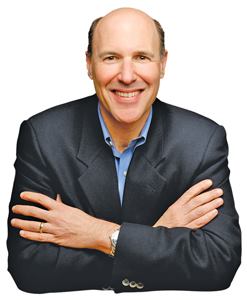In these times of cost cutting, it seems like the pool and spa industry’s focus can be read in buzz words, such as attacking “nonvital”expenses while making sure we have “leaned up” and “right sized” in hopes of “weathering the storm.”
And while controlling expenses is important in this economy, at my particular organization we’re creating our own buzz. We’re focusing energy and attention on something quite different, a process we’ve coined “customer intimacy.”
This was the basic foundation our business was built on 50 years ago, when Dick and Esther Quint added a line of pool supplies to the family hardware store. Back then, the business was created one customer at a time. Greeting a person by name and knowing their needs — perhaps even before they did — was the main focus in growing the business.
We offered home visits to help with a problem and made deliveries to the customer’s doorstep on an evening or weekend. This was how we earned people’s trust and loyalty in the early days of the business.
As times changed, some of these services were scaled back to cut costs as well as accommodate the growth we were experiencing.
But we’ve found that you don’t know what you’ve got ‘til it’s gone.
So it’s time for us to revert back to some warmer buzz words: “the good old days.” We want to make the customer relationship personal again.
Our retail staff now looks for every opportunity to literally walk through a customer’s backyard, while our maintenance technicians are actually required to knock on the client’s front door, introduce themselves and ask the ever-dreaded question, “How are we doing?” Repair technicians are asked to contact homeowners a couple of days after a service call to find out if their work is up to par, and offer to address any further questions or concerns.
We have beefed up our budget for stationary and postage stamps in order to write dozens of notes (by hand!) on a daily basis to thank customers for their recent store visits or service appointments.
The time has arrived to stand out from the clutter and impersonal nature of automated answering services and mass mailings. We are returning to the fundamentals of building customer loyalty. I don’t know how we ever forgot that the personal touch helped grow many of our businesses in years when times were just as tight.
There are no focus groups necessary to understand the advantages of running a business this way. When we, as an industry, look around our operations, we can see the evidence before our eyes.




